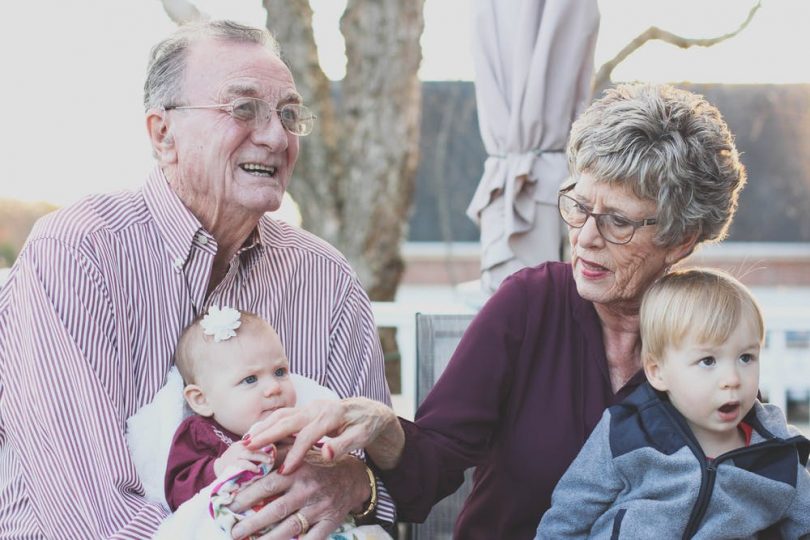Mental health problems are very common among older adults. Just as physical health can decline as you age, your mental health can also deteriorate with age. Some of the mental health problems associated with older adults may include isolation, affective and anxiety disorders, dementia, and psychosis, among others. Many older ones also have issues such as sleep and behavioral disorders, cognitive deterioration and depression. However what are some mental health tips for older adults that can help them?
We can all agree that older adults (aged 60 or above) play an important role in the society as family members, volunteers and as active members in the workforce. Although most have great mental health, many seniors are at risk of developing mental disorders, neurological disorders or psychological issues.
Facts About Older Adults and Mental Health
- Approximately 15% of adults aged 60 and above suffer from a mental disorder.
- Depression is the most common mental health problem in older adults.
- People aged 85 and older have the highest suicide rate of any age group.
- Common mental illnesses that are prevalent in the elderly include , dementia, Alzheimer’s disease, anxiety, bipolar disorder and schizophrenia.
- Mental health services for older adults are extremely limited in many countries all over the world.
There may be a number of risk factors that cause mental health problems at any point in life. However, they are also stressors that are more common as one gets older. For instance, older adults may experience reduced eyesight, hearing, chronic pain, mobility, frailty or other health problems. Also, older people are likely to face bereavement from loss of a loved one, reduced socioeconomic status due to retirement. All of these are risk factors that can result in isolation, loneliness or psychological distress in older people, which might affect their mental health.

Mental Health Tips For Older Adults
Although older adults need the help of healthcare providers to help them with their mental health needs, there are some things a senior can do to boost their mental health.
1. Maintain healthy habits
A lot of habits that are developed over time have a huge impact on mental health, whether negative or positive. Maintaining an active lifestyle helps to boost the workings of the brain, thus, it is important to engage in physical activities as you age. You can find out some easy exercises for seniors. It is also important to quit smoking, drug and substance abuse.
You also have to be mindful of what you eat. You can read about the healthy eating tips for seniors also. Developing healthy habits and giving up bad habits is a great way to maintain mental health for older adults.
2. Maintain regular association with loved ones
There is a saying that says “only the lonely dies slowly”. The older a person gets, the more important the need for a connection to family and friends gets. The love, care, and affection that comes from loved ones will greatly improve mental health. Staying in contact with friends and family will help to prevent loneliness which is the precursor to depression. There is a thing called social health, and you can learn how to improve your social health as you get older.
3. Develop an active lifestyle
The importance of exercise to the overall well-being of a person cannot be overemphasized, as exercise greatly improves mental health. Exercise makes the brain release endorphin which is a mood-boosting hormone. Endorphin gives the feeling of pleasure and joy which in turn positively improves the mental health of a person by fighting the triggers of depression such as loneliness and isolation.
4. Exercise the Brain
Just as physical exercise positively impacts the body, mental exercise will also improve mental health by maintaining a good cognitive function. There are various ways to exercise the brain, some of them are; playing mind games such as chess and card games, reading and writing, learning new languages, learning and playing an instrument. Some of the brain exercises listed above can help to improve thinking skills such as; reaction time, decision making, processing skills, short-term memory, and planning skills.
5. Keeping a pet
Pets have been known over the years to be very helpful in maintaining mental health especially to older adults, they offer companionship and also allow the older adults to maintain an active lifestyle as pets like dogs are very active and offer their owner the chance to get involved. Medical experts have established a good connection between owning a pet and reduction in stress, owning a pet also improve fitness and bring happiness.
The need to improve and maintain good mental health can not be overemphasized. Engaging in all the aforementioned tips will greatly improve mental health in older adults.








